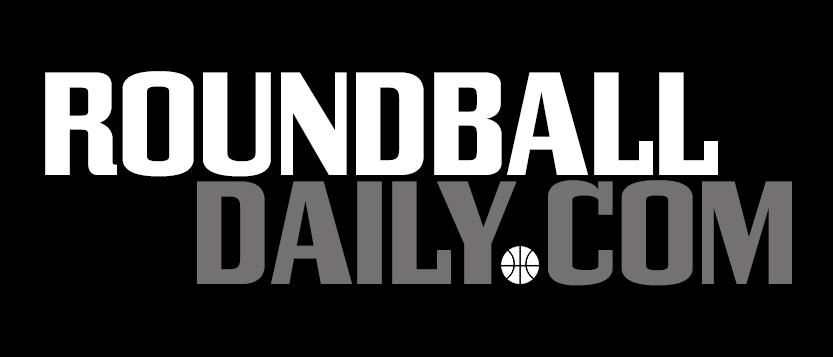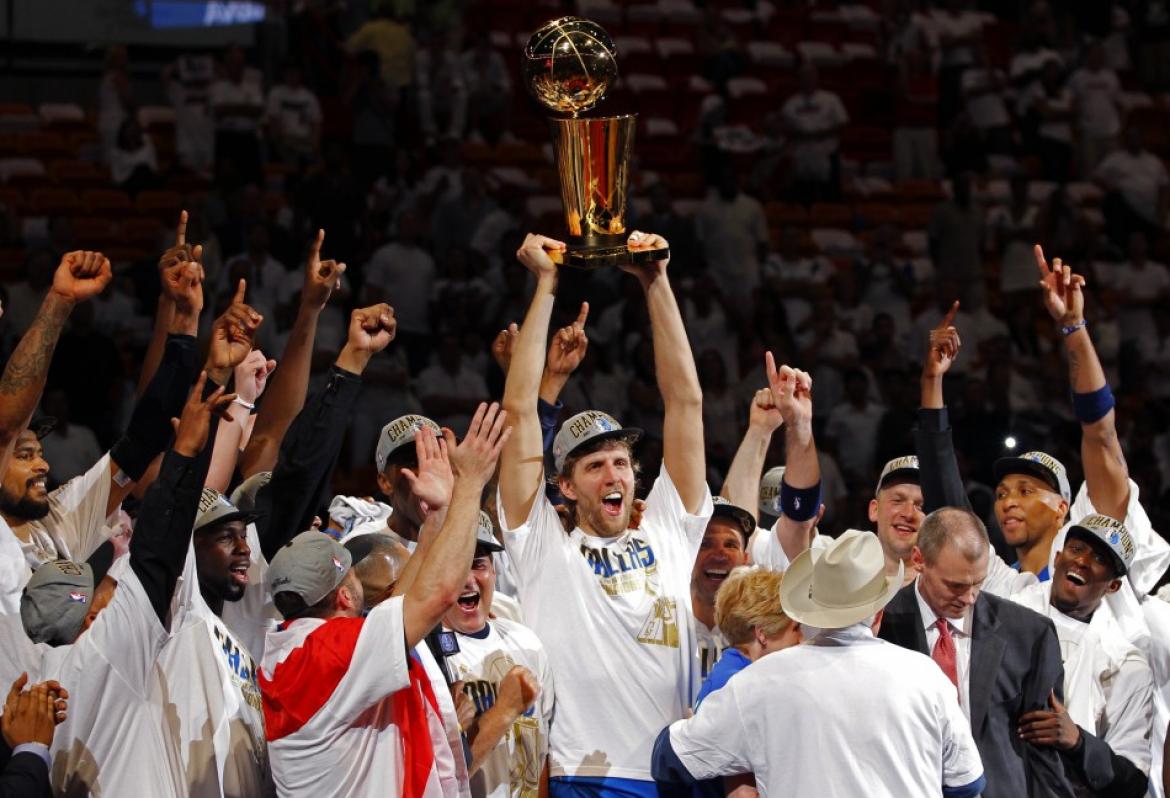- Attacking style not the only reason some Tottenham fans will back Ange Postecoglou until the bitter endPosted 5 months ago
- Paris Olympics takeaways: What did Team USA’s crunch-time lineup say about NBA’s hierarchy?Posted 10 months ago
- Zach Edey posted an easy double-double in Summer League debut. Here’s why he’ll succeed in NBAPosted 12 months ago
- What will we most remember these champion Boston Celtics for?Posted 12 months ago
- After long, seven-year road filled with excruciating losses, Celtics’ coast to NBA title felt ‘surreal’Posted 12 months ago
- South Florida men’s basketball is on an unbelievable heater– but also still on the bubblePosted 1 year ago
- Kobe Bufkin is balling out for Atlanta Hawks’ G League team. When will he be called up to NBA?Posted 1 year ago
- Former Knicks guards Immanuel Quickley, RJ Barrett may yet prove Raptors won the OG Anunoby tradePosted 1 year ago
- Rebounding savant Oscar Tshiebwe finally gets NBA chance he’s deserved for yearsPosted 2 years ago
- Is Tyrese Maxey vs. Tyrese Haliburton the next great NBA guard rivalry?Posted 2 years ago
Remembering Dirk Nowitzki and 2011, Before We Forget
- Updated: June 14, 2011
By: Kels Dayton
Ten years from now, when everyone in the media forgets about the entire twentieth century and begins proclaiming some current fifth-grader as “THE GREATEST PLAYER OF ALL TIME,” I’ll be one of the few people on Earth who remember Dirk Nowitzki.
He’ll be long forgotten by most, as he would have retired at least five years earlier, thus leaving no geological record of his existence. Scottie Pippen will remember him as “Duck Nowitzki” and will recall that he was an okay shooter, but nowhere near the player that current fifth-grader LeTron Johnson is.
By then, of course, Pippen will remember “Magic Jordan” as “that bald guy who had AIDS and did all those underwear commercials.” He’ll recall Larry Bird as his favorite Sesame Street character, and Phil Jackson as “that old guy who shouted at all those kids to get off of his lawn.”
LeBron James will probably have won at least one championship. After all, he will officially have been “THE GREATEST PLAYER OF ALL-TIME” at least 13,899,979 different times in the next decade. Again, no one remembers Jordan. They think he is a small, oil-rich nation in northeast Africa.
No one will remember Jason Kidd, 2011, or Jason Terry’s trophy tattoo. They won’t recall the businesslike way the Mavericks dismantled the Lakers in five games in the Western Conference Semifinals, or how they stormed back from 18 points down in Game 2 of the NBA Finals, stunning the Heat and forever altering the course of the series.
No one will remember anything about 2011, except maybe that it was the year that Steve Carell decided to bring his appetite to Outback Steakhouse.
But they should. They should remember the way Kidd, at 38 years of age, dug deep and took on the task of guarding two of the most explosive offensive players in the world.
They should remember how Terry responded in the clutch in Game 6, after six heartbreaking seasons with the Mavericks. They should even remember J.J. Barea, the fearless 5-something guard who went into the human forest that is the NBA paint and came out successful more times than not. Of course, most of all, they should remember Dirk.
Yes, he was a fantastic player; one of the greatest of his generation and one of the most unique, fun-to-watch players of all-time. But Dirk should also be remembered for the most impressive feature: his mind.
Dirk Nowitzki has the psychology of a champion. He has always stayed even-keel, always kept his eye on the prize, and always done so honestly and full-heartedly. I’ll never forget Dirk sitting at the podium in 2006, having just led the Mavs to a commanding 2-0 lead in the NBA Finals, preaching to reporters that
his team “hasn’t really done anything yet.” Nowitzki used to be criticized for being soft, but that label never defined him. He’s always had that championship psychology, that ability to shrug off performances like this (12-15 FG, 24-24 FT, 48 points in Game 1 of the Western Conference Finals), and then downplay them as just another game.
Amazingly, that’s really how he felt. Until Nowitzki won an NBA championship, none of it mattered. And when the seconds ticked down on Game 6 Sunday night, Dirk couldn’t control his emotions. “I could already feel the tears coming,” he said. “I just wanted to get to the locker room so I could recover.”
The NBA, unlike any other professional sport, is defined by its alpha dogs. In order to be great, you have to climb the mountaintop. You have to win an NBA championship. Dirk Nowitzki understood that fully. He took personal anguish and responsibility for his team’s failures; the lack of a title seemed to undercut him not only as a basketball player but as a man. Kevin Garnett was the same way, and that’s why he belted, “ANYTHING IS POSSIBLE!!!”, after the Celtics won the title in 2008. It was one of the great outpourings of emotion we’ve ever seen after a championship.
Dirk didn’t do that, but his reaction seemed almost as strange, as leaped the press row and headed off for the locker room for a moment of solitude. He had done it. And now, no one can ever take it away from him.
Now if only they could remember it.



